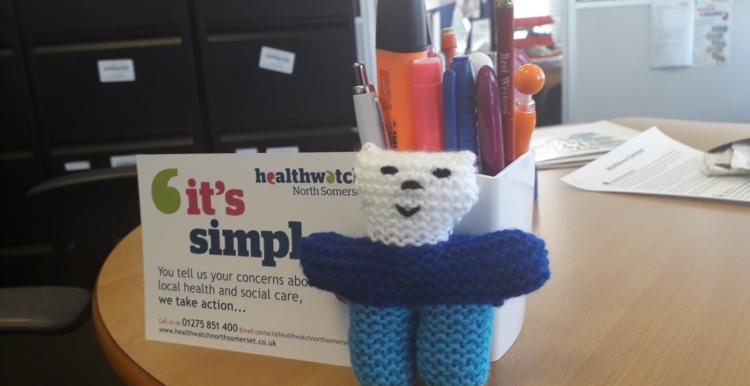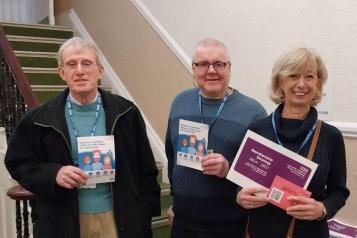The art of healing - a new creative approach to help Bristol's patients

The UHB Trust, which runs several hospitals including Bristol Royal Infirmary, Bristol Royal Hospital for Children and St Michael’s maternity hospital, has started using an arts programme to benefit the health and well-being of patients and staff. It is thought this new approach can help to tackle some conditions such as mental health and loneliness by boosting a person's feeling of wellbeing and confidence.
The hospitals' Trust Board has agreed to continue funding this pilot scheme. It involves using creative activities to potentially reduce the need for certain types of pain relief, tackling major challenges such as loneliness and mental health, and reducing financial strain on the NHS.
The trust said it wants to be recognised as a leader in the arts and health field and hoped that by 2025, its arts activity would be accepted as a normal part of the experience of visiting, working or being cared for in its hospitals.
A report recommending the development of a dedicated arts programme said creative engagement supports the psychological and social needs of patients, and cited research that showed creativity can reduce the need for pain relief and some other forms of medication.
“Across art forms, creative activity improves quality of life for people with dementia and their carers.
“During terminal illness, arts participation provides an antidote to physical and psychological pain,” the report said, adding it could also help the NHS meet “major challenges” facing health and social care in the UK, such as loneliness, long-term conditions and mental health.
The report added that arts programmes could help save the NHS money by reducing the need for repeat GP visits.
The government has previously claimed that arts participation could save the NHS £169 million each year in England alone.
It acknowledged that within the NHS, £1 in every £40 is spent on sick leave, including anxiety, depression and stress, arguing that arts engagement also has “a part to play in the self-care of health and social care professionals”.
Last year the trust’s charity, Above and Beyond, provided a grant for an arts programme director to lead the pilot scheme for 18 months, whose post will now be continued.
The trust said it hoped financial commitment to the project would encourage other funders, such as Arts Council England, and grant givers such as the Heritage Lottery Fund and the Paul Hamlyn Foundation, to consider funding further plans.
Last year, health secretary Matt Hancock advocated the use of arts on prescription, arguing it should become an “indispensable tool” for the NHS in caring for people’s mental health and tackling loneliness.


